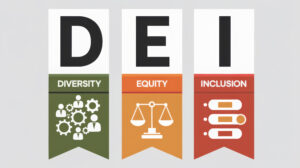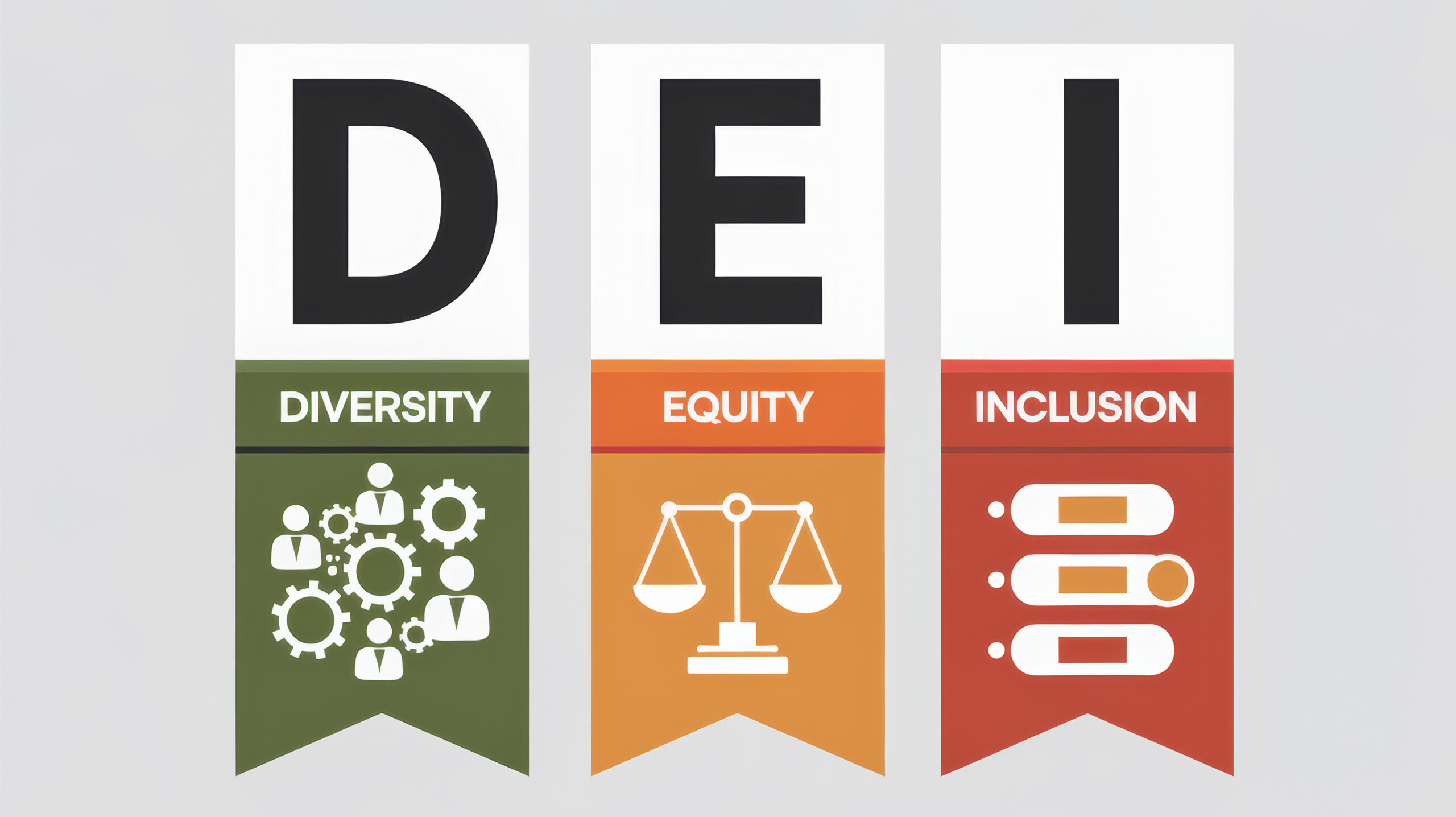Amid the recent COVID-19 Pandemic, an issue of a century-old American magazine, Foreign Affairs, featured articles and essays focused on the subject of, “What Are We Missing? Predicting the Next Crisis.” The cover of the November-December 2020 issue showed a man with binoculars looking off into the distance to see what is ahead, while a flaming meteorite is about to strike from above and behind.
Over the past few years, the world has become very unsettled about a disastrous predicament that had us desperately searching to escape the “snare” that had come upon the whole earth and so universally disrupted our lives. Even as we were grappling with ways to move beyond one crisis, some became enthralled with the next one that might be coming. “What will that be,” they wondered? “How can we prepare ourselves?” “WHAT ARE WE MISSING?”
Within political and media circles in the Western World, there is much made of “following the science” – gathering large amounts of data, interpreting the available information and making predictions about the future. In an article entitled, A Better Crystal Ball, Peter Scoblic and Philip Tetlock describe at great length two concepts:
- Scenario Planning – exercises that identify key uncertainties to then imagine how different combinations could bring about outcomes to prepare for.
- Probabilistic Forecasting – deductive approaches that manufacture likely models or use presumed laws that define the behavior of an event and extrapolate to predict the most likely outcome.
How has this “scientific” methodology worked? Mr. Tetlock published a study nineteen years ago showing that, “…seasoned political experts had trouble outperforming ‘dart-tossing chimpanzees’ – random guesses – when it came to predicting global events. The experts fared even worse against amateur news junkies. Overconfidence was the norm, not the exception…”
These days, constantly listening to the endless parade of experts and pundits on any subject gives the impression that they are eminently experienced and unquestionably wise when they give their opinions on the present and predictions on how the future will transpire.
The fact is they don’t know “what we are missing”; they certainly cannot tell us what the next crisis will be; they assuredly cannot help anyone to prepare for the future. What they are very good at is terrifying people about what might happen and directing their audiences away from what they should pay attention to.
And so, the world we live in often does know what hit them because they missed what they should have seen if they had been looking in the right place!
The Economist, in its June 27, 2020 edition, published an article entitled, The World Should Think Better About Catastrophic and Existential Risks. It offered this bleak assessment of the future:
“For already existing technologically mediated risks, such as those of nuclear war and climate collapse, there is no [such] reassuring record to point to, and Mr. Ord [Toby Ord, employed by the Future of Humanity Institute at Oxford University] duly rates them as having a higher chance of rising to the existential threat level.
“Higher still, he thinks, is the risk from technologies yet to come: advanced bioweapons which, unlike the opportunistic products of natural selection, are designed to be as devastating as possible; or artificial intelligences which, intentionally or incidentally, change the world in ways fundamentally inimical to their creators’ interests.
“No one can calculate such risks, but it would be foolish to set them at exactly zero. Mr. Ord reckons almost anyone looking at the century to come would have to concede ‘at least a one in 1,000 risk’ of something like a runaway ai, either completely eradicating humanity or permanently crippling its potential.
“His carefully reasoned, if clearly contestable, best guesses lead him to conclude that, taking all the risks he cites into account, the chances of humankind losing its future through such misadventure in the next 100 years stands at one in six.”
Mr. Ord tries to cover many things we might be missing: nuclear war, climate collapse, bioweapons, artificial intelligence amok, etc., but says such a catastrophe might befall us in the next 100 years. Nothing definite: just a guess of what, and the odds.
Listening to the constant “broadcast” about the danger that may face humanity and the gloom concerning the future has mentally and emotionally crippled a great many people.
Permeating the entire world at this time is a sense of fear about what is happening on planet earth (wars, terrorism, climate disasters, economic woes, disease, etc.) and what may happen in the future (nuclear war, natural catastrophes, deadlier pandemics, famines, etc.).
Most of us have individual and collective experiences with situations that inspire feelings of dread and despair and doom, but with some, those experiences have caused increased anxiety and greater stress about what we are missing now that may develop into an existential crisis in the future. This mindset has caused distraction and diversion to thoughts and motivations such as:
1. Fear that we will lose things we value.
2. Fear that we will not be able to protect those dear to us?
3. Fear about the end of our own lives?
If we knew what “we were missing,” there would be less to fear.
Of course, what we are missing is God! Humanity is guessing about its future and fate because we omit knowledge of our Creator and Sustainer; we won’t acknowledge the Eternal’s existence, much less His instruction on how to live.
Beyond all the trouble, turmoil and tribulation that are the consequences of rejecting God’s authority in our lives, is a vision of a new world with peace and prosperity. The fourth chapter of the book of Micah (verses 1-4) in the Bible briefly describes that vision:
“Now it shall come to pass in the latter days that the mountain of the Lord’s house shall be established at the top of the mountains and shall be exalted above the hills; and peoples shall flow to it.
“Many nations shall come and say, ‘Come let us go up to the mountain of the Lord, to the house of the God of Jacob; He will teach us His ways and we shall walk in His paths.’ For out of Zion the law shall go forth, and the word of the Lord from Jerusalem.
“He shall judge between many peoples, and rebuke strong nations afar off; They shall beat their swords into plowshares and their spears into pruning hooks; nation shall not lift up sword against nation, neither shall they learn war anymore.
“But everyone shall sit under his vine and under his fig tree, AND NO ONE SHALL MAKE THEM AFRAID; for the mouth of the Lord of hosts has spoken.”
Yes, these are troubled times on earth. Yes, more are ahead. But we don’t have to be afraid or overcome with fear by the predictions and possibilities of “what we are missing” about the immediate future. Ultimately, the vision of a new world given by Micah (and Isaiah) will be realized at the return of Jesus Christ to the earth.









